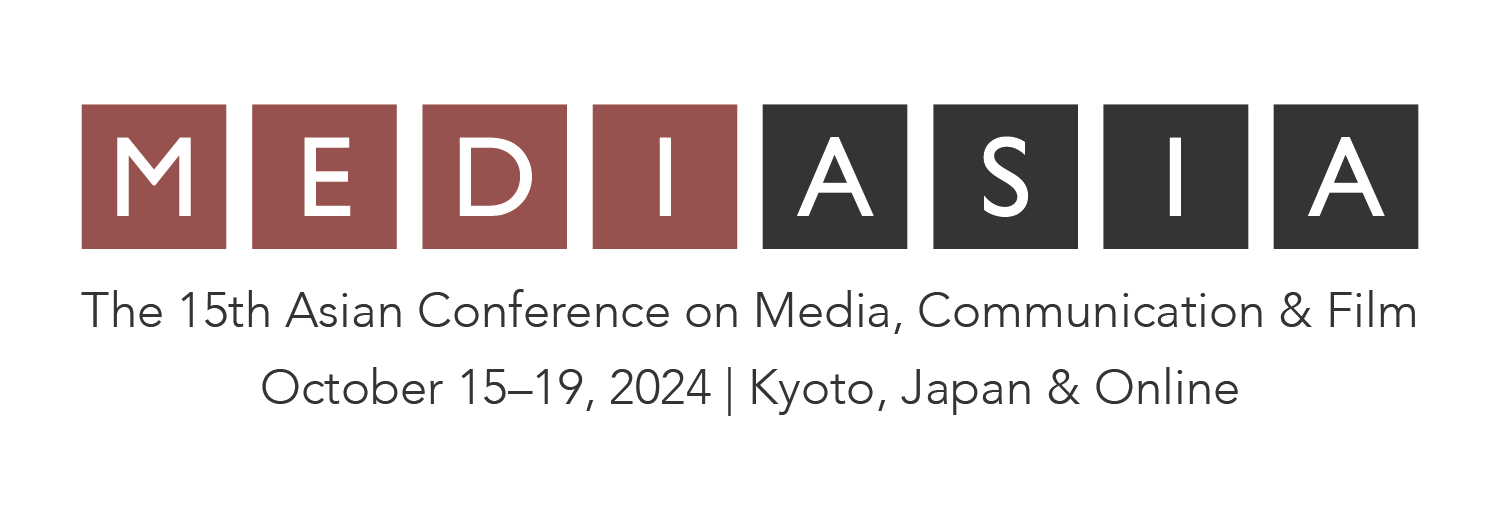The Emergence of Secular Spaces in Kerala’s Cultural Sphere and the Role of Transformative Dramas (83650)
Session Chair: Gowri Devi B
Friday, 18 October 2024 13:55
Session: Session 3
Room: Room B (Bldg 1)
Presentation Type:Oral Presentation
The paper examines the nature of secular spaces that emerged in the cultural sphere of the Indian state of Kerala during the 1930s with the staging of transformative dramas under the aegis of the Communist Party. The cultural sphere of Kerala was segregated on the basis of caste until the late nineteenth century. There were separate art forms for each community attended by the respective community members. It was during the 1930s that the cultural sphere in Kerala witnessed the emergence of transformative dramas that welcomed people from all caste and class sections of society as their audience. Transformative dramas were distinct from other performance art forms until then, as they addressed the issues of the common people in Kerala for the first time. The portrayal of the quotidian experiences of the common people made transformative dramas comprehensible to a larger audience, which testifies to the mass reception of these dramas. All these factors made the composition of the audience unique, which capacitated the transformative dramas to create a physical space where people could gather without restrictions based on caste, class, or religion. These physical spaces created by the transformative dramas can be termed ‘secular.’ The paper argues that these secular spaces were formed not as a direct reaction against the caste system but against the class inequality in society, where the solution provided for caste-based inequalities is class mobility because that was the political objective of the Communist Party, which was instrumental in staging these dramas.
Authors:
Gowri Devi B, Indian Institute of Science Education and Research, India
About the Presenter(s)
Gowri Devi B. is a research scholar in the Department of Humanities and Social Sciences at IISER, Bhopal, India. Her broader research areas include aspects of modernity, progressive literature, subaltern historiography, and culture studies.
See this presentation on the full schedule – Friday Schedule





Comments
Powered by WP LinkPress